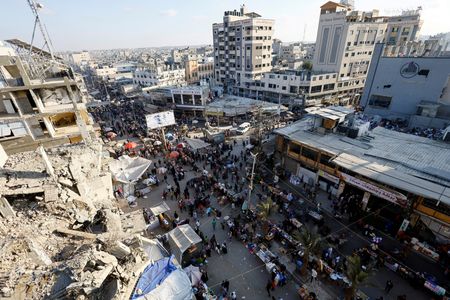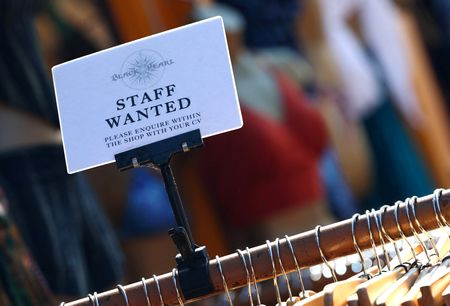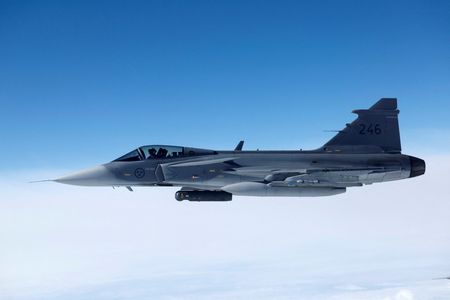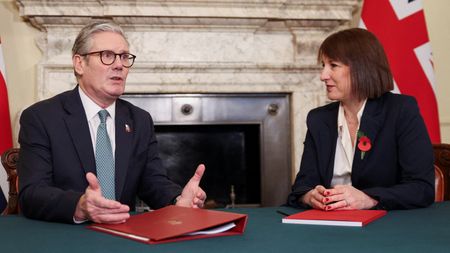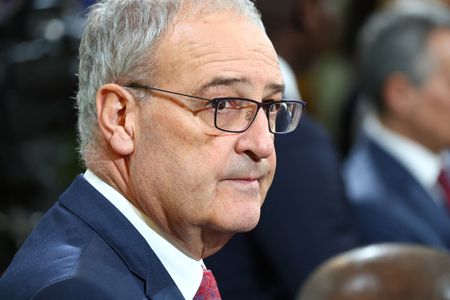By Simon Lewis and Michelle Nichols
WASHINGTON (Reuters) -Russia on Thursday proposed its own draft of a U.N. resolution on Gaza in a challenge to a U.S. effort to pass its own text at the Security Council that would endorse President Donald Trump’s Gaza peace plan, according to a copy of the draft seen by Reuters.
The U.S. formally circulated the draft resolution to the 15 Council members last week and has said it has regional support for its resolution that would authorize a two-year mandate for a transitional governance body and international stabilization force.
Russia’s U.N. mission said in a note to Security Council members on Thursday afternoon, seen by Reuters, that its “counter-proposal is inspired by the US draft.”
“The objective of our draft is to enable the Security Council to develop a balanced, acceptable, and unified approach toward achieving a sustainable cessation of hostilities,” the note said.
The Russian draft, also seen by Reuters, requests that the U.N. Secretary-General identify options for an international stabilization force for Gaza, and does not mention the “Board of Peace” that the U.S. has proposed as a transitional administration for Gaza.
The U.S. mission to the U.N. urged the Security Council to move ahead with Washington’s resolution.
“Attempts to sow discord now – when agreement on this resolution is under active negotiation – has grave, tangible, and entirely avoidable consequences for Palestinians in Gaza,” a U.S. mission spokesperson said. “The ceasefire is fragile and we urge the Council to unite and move forward to secure the peace that is desperately needed.”
Israel and Palestinian militant group Hamas agreed in October to the first phase of Trump’s 20-point plan for Gaza, in their two-year war and a hostage release deal. That 20-point plan is annexed to the draft U.S. resolution.
Trump has ruled out sending U.S. soldiers into the Gaza Strip, but officials have described a force of about 20,000 troops and have been in discussions with Indonesia, the United Arab Emirates, Egypt, Qatar, Turkey and Azerbaijan to contribute.
(Reporting by Simon Lewis, Michelle Nichols and Daphne Psaledakis; editing by Diane Craft)

